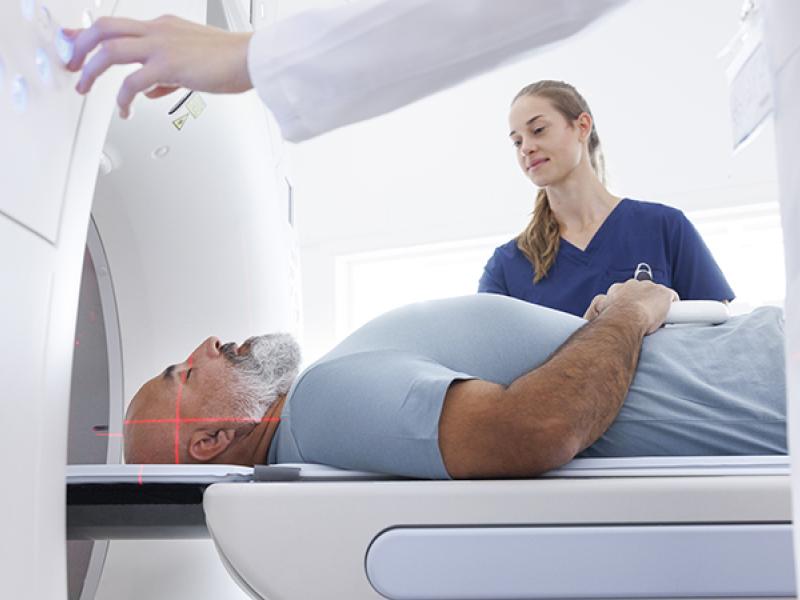The Washington University Center for Diabetes Translation Research (WU-CDTR) is one of seven NIDDK-funded Centers for Diabetes Translation Research. The WU-CDTR consists of five cores which offer a range of services that support and enhance diabetes translation research for center members.
The Health Informatics in Diabetes Research (HIDR) core is led by University of Missouri investigators. HIDR aims to expand the use of state-of-the-art biomedical and health informatics methods; advance the means of managing, analyzing, and extracting information from large, heterogeneous data sets to accelerate the progress of translational diabetes research, discovery and informatics; and increase the capacity for use of health informatics in diabetes research.
Request Services & Consultations
Members are encouraged to seek consultation services for research project/grant development and publication/manuscript support. Examples of HIDR Core service topics offered during consultations:
- the use of new data analytics tools, AI/ML and algorithms to facilitate scalable, accessible, and sustainable data architecture and infrastructure;
- how to create, manage, and maintain complex data sets created by the explosion of big data and instruments; and
- the use of biomedical and health informatics relevant to translational diabetes research
CDTR-HIDR & Membership Benefits
- Involvement in a wide network of investigators - WashU CDTR Members, including MU-HIDR
- Access to consultative services from the HIDR core for investigators to succeed in conducting health informatics translation research in diabetes
- Invitations to attend and/or present at the HIDR Lectureship Series held by the University of Missouri System campuses
- Eligibility to apply for up to $25,000 in funding for mini-grant pilot feasibility studies (offered annually)
- Manuscript collaborations
- Invitation to attend the annual Next Steps at Washington University to receive consultations from cores
- Access to trending news and funding opportunities
Diabetes & Obesity Lectureship Series Presentations
- CommitFit App to Facilitate Adolescent Health Behavior Change and Reduce Obesity - Presented by Dr. Amy Braddock, September 27, 2024
- IBDEEP: A Diagnostic Tool for Prevention of Colorectal Cancer in IBD Patients - Presented by Dr. Praveen Rao, November 15, 2024
- Mechanisms of Arterial Stiffening in Obesity and Diabetes - Presented by Dr. Luis Martinez-Lemus, July 12, 2024
- Sensors, Edge AI, and Deep Learning for Personalized Diabetes Care - Presented by Dr. Kamrul Islam, June 14, 2024
- AI-Driven Prediction of Diabetic Complications: Navigating EHR Complexities - Presented by Dr. Humayera Islam, May 31, 2024
- Review of Prevention and Management of Type 2 Diabetes - Presented by Eduardo Simoes, MD, MSc, MPH
- Synergism of mechanisms underlying early-stage changes in retina function after experimentally induced dyslipidemia and hyperglycemia - Presented by Dr. Peter Koulen, FARVO
- Improving Global Cardiometabolic Health: Challenges and Opportunities - Presented by Dr. Simin Liu, MD, MPH
- Machine Learning-based Long Term Diabetes Risk Calculator for Adolescents - Presented by Dr. Sharan Srinivas,
- CVD in Indigenous Communities – Presented by Dr. Melissa Lewis
- Electronic Clinical Decision Support in Diabetes Care – Presented by Dr. Richelle Koopman
- New Sensors in Diabetes Management – Presented by Dr. Mihail Popescu
- Diabetes Self-Management Mobile Applications and a Focus Group Study of Elderly People – Presented by Qing Ye, PhD Candidate (now awarded)
- Find recordings of previous WU-CDTR sponsored webinars
Publications
- Find the latest publications supported by the CDTR (via PubMed).
Toolkits
A library of promising translational research diabetes interventions using Biomedical and Health Informatics "eHealth" / "mhealth" technologies. Access & subscribe to the HIDR Core eHealth/mHealth Technologies Toolkit Library (via Zotero).
Find user instructions to access the toolkit.
HIDR Core Leadership
- Eduardo Simoes, MD, MSc, MPH, Core Director
- Mihail Popescu, PhD, Co-Core Director
- Amy Braddock, MD, Core Scientist
- Min Kim, PhD, Core Scientist
- Mirna Becevic, PhD, Core Scientist
- Praveen Rao, PhD, Core Scientist
- Suzanne Boren, PhD, MHA, Core Scientist
The Washington University CDTR is supported by a grant from the National Institute of Diabetes and Digestive and Kidney Disorders, P30DK092950.






